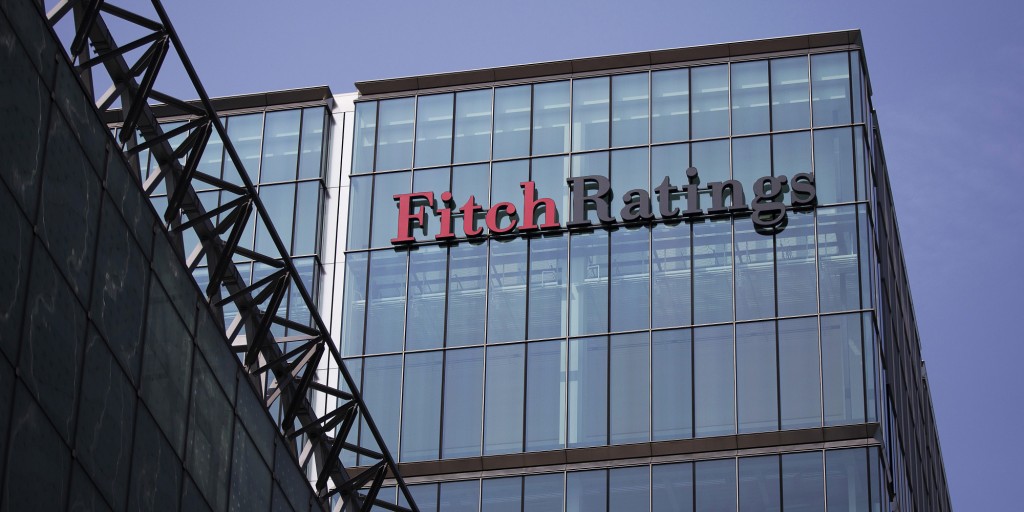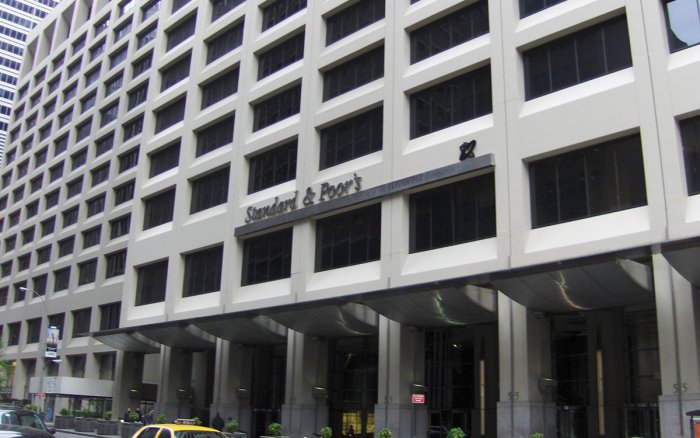Fitch affirms Hungary 'BBB' rating; outlook stable

Fitch Ratings affirmed Hungary's 'BBB' sovereign rating with a stable outlook at a scheduled review on Friday, according to a report by state news wire MTI.
"The 'BBB' ratings reflect the Hungarian economy's strong structural indicators and record of growth relative to peers', fuelled by investment, as well as a stable banking sector. These are balanced against high public debt (albeit with increasingly favorable composition and dynamics), a record of unorthodox policy moves, and a worsening of governance indicators in recent years," Fitch said.
"The Stable Outlook reflects Fitch's expectation of economic recovery and fiscal consolidation that would allow the public debt ratio to resume its downward path from 2021," it added.
Fitch estimated government stimulus during the pandemic caused Hungary's general government deficit to swell to 8.9% of GDP last year. As fiscal support continues, Fitch said it expects the gap to narrow to 6.4% of GDP in 2021 and 6.1% in 2022.
Financing the pandemic stimulus raised Hungary's state debt ratio to an estimated 84% of GDP, Fitch said, but added that financing conditions were "favorable", aided by the National Bank of Hungary's quantitative easing program as well as strong domestic and external demand for government securities.
Fitch noted that the structure of Hungary's state debt has improved in recent years, with the share of FX debt standing at just under 20% at the end of 2020, down more than 10 percentage points since 2016.
After an estimated 6.2% contraction in 2020, Fitch projects Hungary's economy will rebound in 2021, growing 4.9%, supported by monies from the European Union budget and recovery fund. Fitch assumes 60% of the EU grant money will be absorbed in 2022, helping lift GDP growth to 5.5%.
Hungary's banking sector is "liquid and well-capitalized", Fitch said, but projected an increase in loan defaults as a repayment moratorium expires in June 2021. The profitability of the sector should "remain broadly stable" compared with 2020, it added.
Fitch said the rollout of the central bank's one-week deposit instrument in the spring "reflects a more predictable and transparent approach to monetary policy".
The agency noted that a sustained post-pandemic decline in state debt relative to GDP and "stable and sustainable" medium-term economic growth, without large current account deficits or prolonged, high inflation, could lead to a positive rating action. But slower-than-expected fiscal consolidation after the pandemic or a deterioration in governance standards or the climate for doing business could result in a negative rating action.
SUPPORT THE BUDAPEST BUSINESS JOURNAL
Producing journalism that is worthy of the name is a costly business. For 27 years, the publishers, editors and reporters of the Budapest Business Journal have striven to bring you business news that works, information that you can trust, that is factual, accurate and presented without fear or favor.
Newspaper organizations across the globe have struggled to find a business model that allows them to continue to excel, without compromising their ability to perform. Most recently, some have experimented with the idea of involving their most important stakeholders, their readers.
We would like to offer that same opportunity to our readers. We would like to invite you to help us deliver the quality business journalism you require. Hit our Support the BBJ button and you can choose the how much and how often you send us your contributions.











